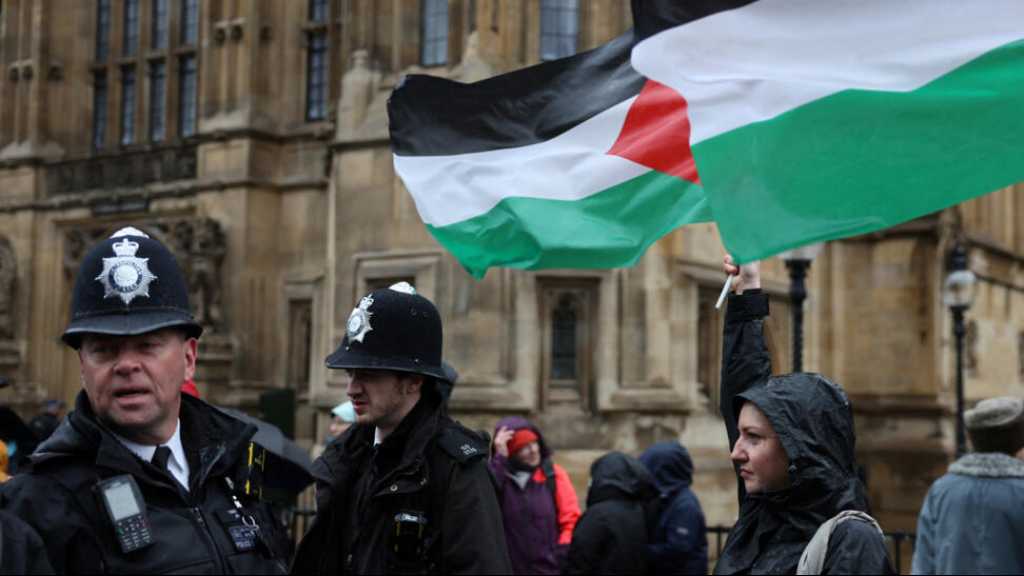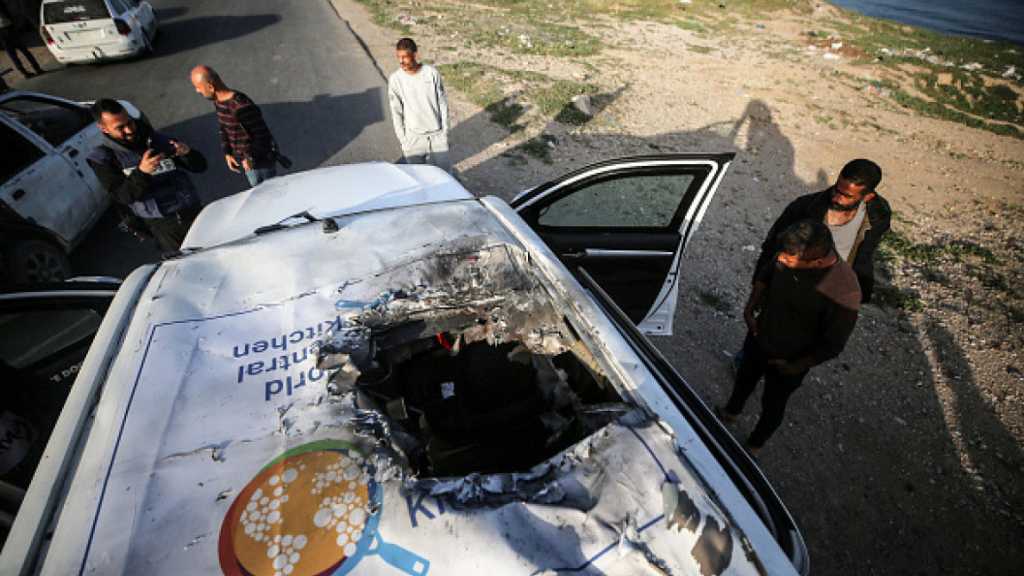Whistleblower Sues UK Gov’t after being Sacked for Revealing Kabul Fall’s Chaos

By Staff, Agencies
A whistleblower who revealed Britain’s chaotic response to the fall of Kabul has said the civil service has become so dangerously politicized that officials who speak out risk being sidelined or sacked.
In remarks to the Guardian, Josie Stewart said her former colleagues felt their role was to protect ministers, some of whom were only interested in “looking good”, rather than working in the interests of the public.
The former senior official at the Foreign, Commonwealth and Development Office [FCDO] is now taking the government to court to test legal protections for whistleblowers amid concerns they are not sufficient to protect civil servants who share sensitive information in the public interest.
Stewart, who was head of illicit finance at the department, is challenging her dismissal with the Public Interest Disclosure Act after she was sacked for giving an anonymous interview to the BBC about the government’s handling of the chaotic Afghan withdrawal.
In her first interview since she lost her job, she said that the government’s Afghan withdrawal strategy had been shaped by political concerns back home, with ministers more focused on media coverage and “the political fallout” than saving lives.
Her intervention will increase the pressure on Dominic Raab, the foreign secretary at the time, who is currently fighting for his political career over bullying allegations, which he has denied. He was criticized for failing to return home from holiday in August 2021 when Afghanistan fell to the Taliban.
Stewart, who worked for the FCDO for seven years, including two at the British embassy in Kabul, volunteered to work in the Whitehall crisis center when the Taliban took over. She suggested that ministers had not expected the public to care about evacuating locals who had helped the British.
Stewart, 42, who now works for the organization Transparency International, claimed that the civil service had been dangerously politicized since the Boris Johnson era and accused the cabinet secretary, Simon Case, of failing to stand up for officials.
“I increasingly saw senior officials interpreting their role as doing what ministers say and providing protections to ministers. It was almost as if their first loyalty [was] to their political leaders rather than to the public,” she said.
She cited the government’s failure to have a plan for evacuating Afghan nationals, such as translators or contractors, who had helped the British but weren’t eligible for the existing Afghan relocations and assistance policy [ARAP] scheme because they didn’t work directly for the UK.
Comments
- Related News

UK Announces New Missiles Package for Ukraine
2 months ago


